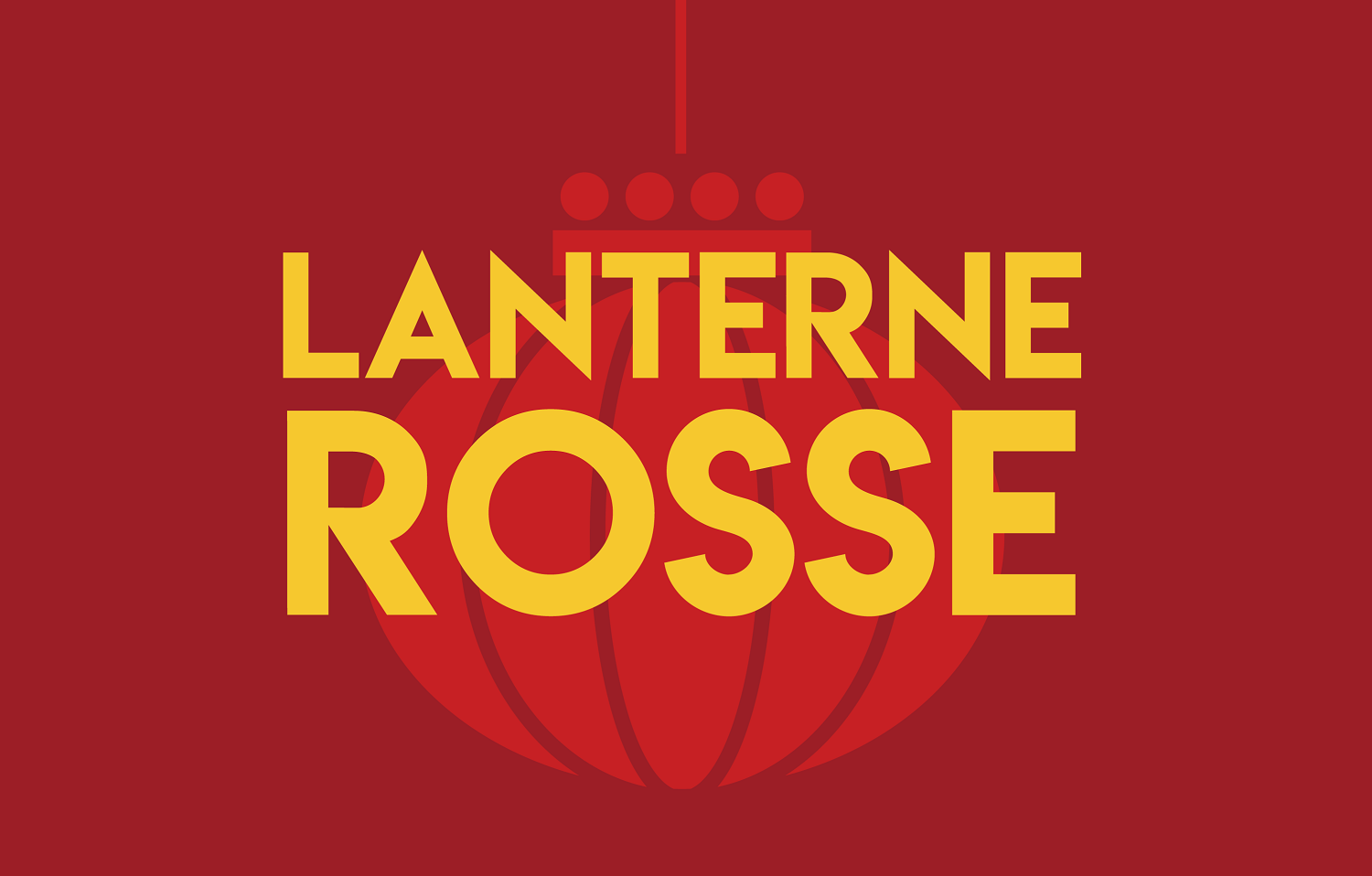Chinese youth obesity and cancer risk: 40% by 2030
A recent study found that almost half of all cancers diagnosed between 2007 and 2021 are linked to being overweight. Due to socio-cultural changes, more and more young people are obese. The Beijing government has launched a strategic plan to avoid exorbitant economic expenditure.
Beijing (AsiaNews) - Approximately two out of five young Chinese are at risk of being overweight or obese by 2030, with an increased likelihood of serious diseases such as cancer.
This is the alarm raised by a group of Chinese scientists in a study recently published in the American journal Med. ‘Unless we radically change the trend of obesity, the incidence of obesity-related cancers will inevitably continue to rise. This will be a huge burden on China's economy and healthcare system,' Yang Jinkui, one of the authors of the report and an endocrinologist at Capital Medical University in Beijing, told the Global Times.
The team of researchers analysed more than 651,000 new cancer cases diagnosed in China between 2007 and 2021, and found that about 48 per cent were among the 12 types of cancer that the World Health Organisation says are linked to obesity.
The study also found that the incidence of cancers in China increased by 3.6 per cent during the same time interval, with the rate of seriously ill 25-29 year olds exceeding 15 per cent annually. In other words, young people born between 1997 and 2001 are 25 times more likely to develop obesity-related cancers than people born between 1962 and 1966. And unless timely measures are taken to counter this trend, scientists warn, the proportion of obesity-related cancers in young Chinese is set to double in the next decade. Predictions that have a good chance of coming true: China is currently one of the countries with the highest number of overweight or obese young people, and the percentage could reach 40 per cent by 2030.
The causes of this phenomenon are linked to the rapid development of the Chinese economy and the socio-cultural changes that have affected the Dragon in recent decades. As the Chinese population's living standards have improved, people's eating habits have changed, favouring the consumption of foods of animal origin, refined grains and highly processed foods. The daily rhythm has also led more and more families to save time by eating at restaurants, where dishes rich in fat, sugar and calories are often served.
The possibility of being able to order food at home via online apps has also contributed to the increase in obesity among teenagers, making it easier to find junk food at any time.
Equally influential is the tendency towards physical inactivity and sedentariness, due to the increased time spent in front of electronic devices and the excessive study load, which in turn causes stress, another factor that promotes obesity.
A further aspect that should not be underestimated is genetic inheritance: a child is up to 15 times more likely to become obese if both parents are obese. Considering that the percentage of overweight Chinese adults is steadily increasing (although still among the lowest in the world), the situation is quite worrying.
The Covid-19 pandemic and the consequent national lockdown, which restricted the opportunities for outdoor physical activity, also had a significant impact on the phenomenon.
Unlike in the past, however, overweight in childhood and adolescence no longer seems to be a predominantly urban problem. A study published in May this year in the Chinese Medical Journal reveals that the number of children and teenagers suffering from obesity in rural China is growing and may even surpass that of their peers in cities by 2027.
The reasons for this trend reversal are once again to be attributed to the country's general socio-economic development and the consequent narrowing of the gap between rural and urban areas, which has meant that young people in the countryside are exposed to the same risks of developing obesity, but with less access to a diversified diet, adequate health services and proper nutrition education. Even national preventive health measures seem to have little effect in rural villages.
If the situation described so far does not improve, China will face an estimated economic expenditure of around 218 trillion yuan (EUR 28.5 trillion) between 2025 and 209. To avert this, in October 2020, the Chinese government launched a strategic plan to control and prevent obesity in the younger generation, with the goal of reducing its annual growth rate by 70 per cent by 2030.
This programme, which involves families, schools and medical institutions, promotes at least three hours of high-intensity physical activity per week and emphasises the importance of eating a healthy, balanced diet. Interventions implemented in this regard include the project known as ‘Happy 10 minutes’, to encourage physical exercise, and the so-called ‘Student Health Education Action’ and ‘Healthy Children Action Plan’, to raise young people's awareness of proper nutrition. Some experts believe, however, that a 20 per cent tax on sugary drinks and restricting the sale of processed foods to children would be more effective.
At the Third Conference on Obesity in China (COC2024), held in Beijing in mid-August, Professor Zhang Zhongtao reiterated that despite the many efforts already made, there are still many goals to be achieved, such as expanding communication channels for prevention and strengthening interdisciplinary outpatient cooperation mechanisms in hospitals. ‘In the face of these challenges,’ said Zhang, “we urgently need to collaborate with a professionally-led obesity prevention and treatment network that involves the whole of society”.
RED LANTERNS IS THE ASIANEWS NEWSLETTER DEDICATED TO CHINA. WOULD YOU LIKE TO RECEIVE IT EVERY THURSDAY? TO SUBSCRIBE, CLICK HERE.







.png)










